Market Research Tools: 8 Companies You Should Know


by Signe Hegart
October 4, 2023
In today’s highly competitive business landscape, companies are constantly seeking ways to gain a competitive edge. One powerful tool that can help businesses achieve this is market research. By understanding the needs and preferences of their target audience, companies can make informed decisions, develop effective marketing strategies, and ultimately boost their success. Market research incentives play a crucial role in this process by encouraging participation in surveys, focus groups, and other data collection methods. In this blog post, we will explore some market research tools that can provide valuable insights to companies across various departments, all while highlighting the importance of market research incentives in driving participation and data accuracy.
Jump to section
What are Market Research Tools?
Market research tools are instruments, techniques, software, or platforms used to gather, analyze, and interpret data related to markets, consumers, competitors, and various aspects of business environments. These tools are employed by businesses, organizations, and researchers to obtain insights and information necessary for making informed decisions, developing marketing strategies, and understanding market dynamics. Market research tools help in the systematic collection and analysis of data, allowing businesses to identify opportunities, assess risks, and adapt to changing market conditions.
Why are Market Research Tools important?
Market research tools are crucial for a variety of reasons, as they provide businesses and organizations with essential insights and data that are instrumental in decision-making and strategy development. Here’s why market research tools are important:
- Understanding Customer Needs: Market research tools help you gain a deep understanding of your target audience, their preferences, behaviors, and pain points. This insight is critical for creating products or services that meet customer expectations.
- Identifying Market Opportunities: They help you identify untapped market segments, emerging trends, and new opportunities, enabling you to position your business strategically and gain a competitive edge.
- Competitive Analysis: You can assess your competitors’ strengths and weaknesses, track their strategies, and identify gaps in the market that you can leverage to your advantage.
- Risk Mitigation: Market research tools allow you to assess the feasibility of business initiatives, helping you make informed decisions and reduce the risk of failure.
- Effective Marketing: Understanding your target audience enables you to create targeted marketing campaigns that resonate with customers, resulting in more efficient and cost-effective marketing efforts.
- Product Development: Research tools provide insights into what features, improvements, or innovations customers desire, guiding product development and reducing the likelihood of costly product failures.
- Resource Allocation: You can allocate resources, such as time and budget, more effectively by focusing on strategies and initiatives that have a higher likelihood of success, based on data-driven insights.
- Measuring Performance: Market research tools help you track the performance of marketing campaigns, products, and services, allowing you to make adjustments and optimize outcomes.
- Strategic Planning: Informed by market research, businesses can create data-driven strategic plans that align with market dynamics and customer needs, increasing the likelihood of success.
- Adapting to Market Changes: Market conditions evolve, and research tools provide ongoing data that enables businesses to adapt quickly to changing customer preferences, competitive landscapes, and economic shifts.
Related: Market Research vs Marketing Research: What sets them apart?
Gift cards in Market Research Tools
Gift cards and market research tools can be closely related when it comes to incentivizing survey participation and data collection. Here’s how gift cards are often used in conjunction with market research tools:
- Survey Participation Incentives: Gift cards are commonly used as research incentives to encourage people to participate in surveys and provide valuable feedback. When individuals complete a market research survey, they may receive a gift card as a token of appreciation. This serves as a motivation for respondents to take the time to share their opinions and insights.
- Focus Group Compensation: In the case of focus groups or in-depth interviews, participants often receive gift cards as compensation for their time and input. This compensation acknowledges their efforts and encourages them to provide candid and detailed responses.
- Online Panel Rewards: Market research companies and organizations often maintain online panels of participants who are willing to take part in research studies regularly. These panel members may earn points or gift cards for each survey they complete, fostering long-term engagement.
- Incentive Flexibility: Gift cards offer flexibility in terms of the types of incentives that can be provided. Respondents can choose freedom of choice gift cards for various retailers or online platforms, allowing them to select rewards that are personally appealing.
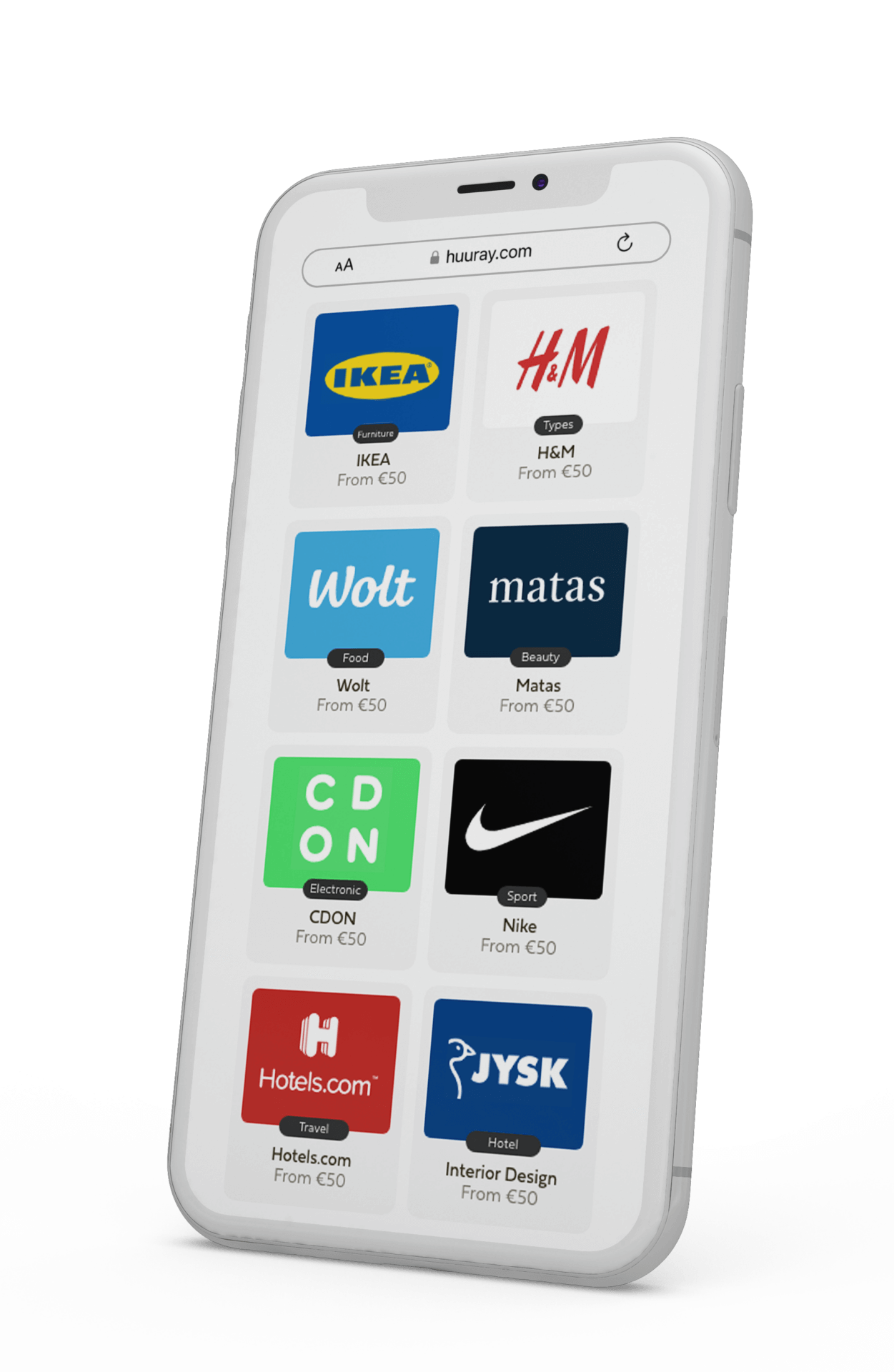
Send yourself a gift card
8 Market Research Tools
1. SurveyMonkey

SurveyMonkey is a popular and user-friendly online survey tool that allows businesses and individuals to create, distribute, and analyze surveys and questionnaires. It’s widely used for various purposes, including market research, customer feedback, employee engagement, and academic research. Here are some key features and benefits of SurveyMonkey as a marketing research tool:
Easy Survey Creation: SurveyMonkey provides a simple and intuitive interface for designing surveys. Users can choose from a variety of question types, including multiple-choice, open-ended, rating scales, and more. You can also customize the design and layout of your surveys.
Survey Distribution: You can distribute surveys through various channels, such as email, social media, web links, or embedded on your website. SurveyMonkey offers options for targeting specific audiences and tracking responses.
Mobile-Friendly: Surveys created with SurveyMonkey are responsive and work well on both desktop and mobile devices, ensuring a broader reach.
Data Analysis: SurveyMonkey provides basic data analysis tools, including real-time response tracking, charts, and graphs. You can easily export survey data to other software for more in-depth analysis.
Customization: You can customize the look and feel of your surveys to align with your brand’s identity by adding logos, colors, and custom themes.
Survey Templates: SurveyMonkey offers a library of pre-designed survey templates for various industries and use cases. This can save time when creating surveys.
Response Collection and Tracking: You can monitor response rates and track who has completed your surveys, making it easier to follow up with specific respondents if necessary.
Collaboration: You can collaborate with team members or clients on survey design and analysis, making it a useful tool for marketing teams and agencies.
SurveyMonkey is a versatile and widely used tool for gathering valuable insights from your target audience. It is suitable for businesses of all sizes and provides both free and paid plans, allowing users to choose the features that best meet their research needs. Whether you’re conducting market research, collecting customer feedback, or performing employee satisfaction surveys, SurveyMonkey is a valuable tool for data collection and analysis in the marketing research process.
2. Google Analytics
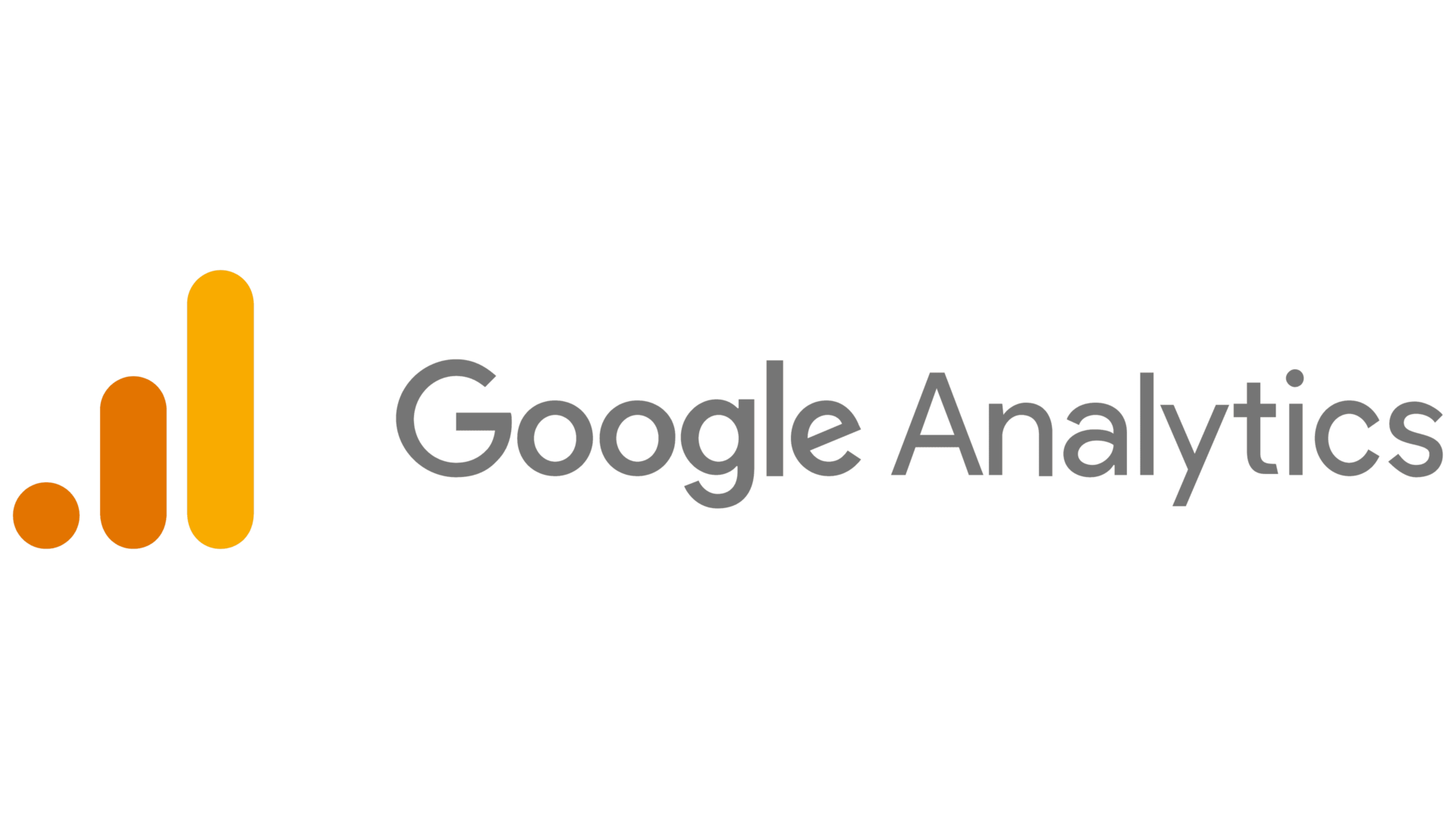
Google Analytics is a widely used web analytics tool, but it’s important to note that it is primarily focused on website data and user behavior analysis, rather than traditional market research. However, it can still be a valuable tool for gaining insights into your online audience and optimizing your digital marketing efforts. Here’s how Google Analytics can be relevant in the context of market research:
Audience Insights: Google Analytics provides valuable demographic information about your website visitors, including age, gender, location, and interests. This data can help you understand the characteristics of your online audience, which may be relevant for market segmentation and targeting.
Traffic Sources: You can use Google Analytics to identify the sources of traffic to your website, including organic search, paid advertising, social media, and referrals. This information can help you assess the effectiveness of your digital marketing channels.
User Behavior: Google Analytics tracks user behavior on your website, including which pages are visited most frequently, how long users stay on your site, and where they tend to drop off. This data can inform your content strategy and user experience improvements.
Conversion Tracking: If you have specific conversion goals on your website (e.g., completing a contact form, making a purchase), Google Analytics allows you to track these actions. Understanding how users convert on your site can help you optimize your sales funnel and marketing strategies.
E-commerce Data: For online retailers, Google Analytics provides detailed e-commerce data, including revenue, product sales, and transaction details. This information is valuable for assessing the performance of your online store.
Real-Time Data: Google Analytics offers real-time data on website activity, which can be useful for monitoring the immediate impact of marketing campaigns or events.
While Google Analytics is not a traditional market research tool, it can complement your market research efforts by providing valuable insights into the online behavior and preferences of your target audience. It is especially relevant for businesses with a strong online presence, as it helps optimize digital marketing strategies and website performance. For comprehensive market research, you may want to consider combining Google Analytics with other tools specifically designed for surveys, customer feedback, competitor analysis, and industry research
3. SEMrush
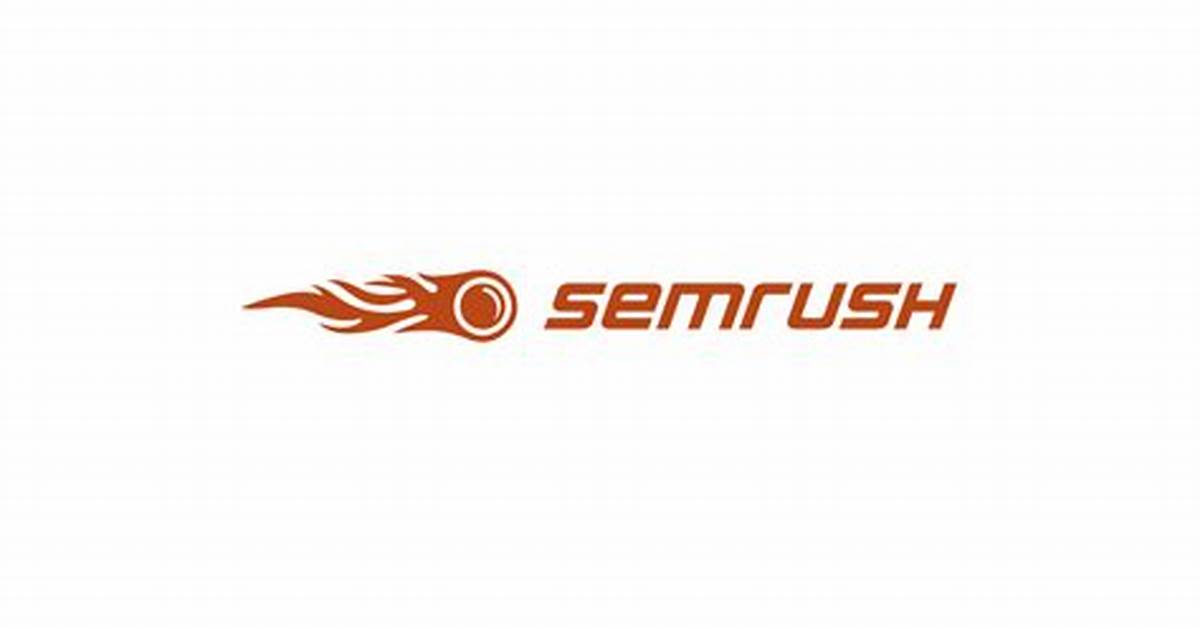
SEMrush is a comprehensive digital marketing and SEO (Search Engine Optimization) tool that provides a wide range of features and capabilities for competitive analysis, keyword research, and website optimization. While SEMrush is primarily known for its SEO functionalities, it can also be a valuable market research tool for businesses looking to gain insights into their online competition and industry trends. Here’s how SEMrush can be relevant in the context of market research:
Competitive Analysis: SEMrush allows you to analyze your competitors’ online presence, including their organic search rankings, paid advertising strategies, and backlink profiles. This information is crucial for understanding your competitive landscape and identifying opportunities to gain a competitive edge.
Keyword Research: The tool offers robust keyword research capabilities, enabling you to discover relevant keywords in your industry. By identifying high-value keywords, you can tailor your content and SEO strategy to better reach your target audience.
Content Analysis: SEMrush can analyze the content performance of your competitors and industry leaders. You can identify top-performing content, content gaps, and opportunities to create valuable content that resonates with your audience.
Backlink Analysis: Understanding the backlink profiles of your competitors can help you identify potential link-building opportunities and assess the authority of websites in your industry.
Advertising Insights: SEMrush provides data on your competitors’ paid advertising campaigns, including ad spend, ad copy, and keywords. This information can inform your own paid advertising strategies.
Market Trends: By monitoring industry-specific keywords and trends, SEMrush can help you stay up-to-date with the latest developments in your market. You can identify emerging trends and adapt your marketing strategies accordingly.
While SEMrush is not a traditional market research tool, it can be highly beneficial for businesses looking to gain a competitive advantage, improve their online visibility, and stay informed about industry trends. It’s especially valuable for businesses with a strong online presence, as it provides actionable data for optimizing digital marketing strategies. To achieve a holistic understanding of your market, you may want to combine SEMrush with other market research tools for broader insights into consumer behavior, demographics, and preferences.
4. Moz

Moz is a prominent and widely used digital marketing and SEO (Search Engine Optimization) tool. While Moz is primarily known for its SEO capabilities, it also offers features that can be valuable for market research, particularly in the context of understanding online competition and optimizing web presence. Here’s how Moz can be relevant in the context of market research:
Competitive Analysis: Moz provides competitive analysis tools that allow you to assess your competitors’ online performance, including their domain authority, backlink profiles, and search engine rankings. Understanding your competitors’ strengths and weaknesses is essential for effective market research.
Keyword Research: Moz offers keyword research tools that help you identify relevant keywords in your industry. You can discover high-value keywords that are relevant to your target audience, guiding your content and SEO strategies.
Link Building Opportunities: Moz’s link building tools can help you find potential link-building opportunities by analyzing backlink profiles, domain authority, and referring domains. Link-building is crucial for improving online visibility and credibility.
Content Analysis: You can use Moz to assess the performance of your competitors’ content and identify content gaps in your industry. This information helps you create content that addresses user needs and competes effectively.
Rank Tracking: Moz tracks your website’s search engine rankings for specific keywords. Monitoring your rankings and comparing them to competitors can provide insights into your market position and areas for improvement.
Site Crawl and Audit: Moz’s site audit tools help you identify technical SEO issues on your website. Ensuring that your website is optimized for search engines is vital for maintaining a strong online presence.
Local SEO: For businesses with a local presence, Moz provides local SEO tools that can help you optimize your local search strategy and improve visibility in local search results.
Domain Authority: Moz’s proprietary metric, Domain Authority (DA), can be used to assess the authority and credibility of websites in your industry. Understanding DA can help you identify trustworthy sources for partnerships and backlinks.
Spam Score: Moz offers a spam score metric that can help you identify potentially harmful backlinks and websites in your industry, allowing you to maintain a clean and reputable online presence.
While Moz is primarily an SEO tool, it can be a valuable asset for market research, especially for businesses seeking to gain insights into their online competition, improve website visibility, and understand the digital landscape of their industry. To gain a comprehensive understanding of your market, consider combining Moz with other market research tools for broader insights into consumer behavior, demographics, and industry trends.
Let’s have a chat
5. Ahrefs

Ahrefs is a comprehensive SEO (Search Engine Optimization) and digital marketing tool primarily known for its extensive backlink analysis and competitive research capabilities. While it’s primarily used for SEO purposes, Ahrefs can also be valuable for market research in certain aspects, especially when it comes to understanding online competition and industry trends. Here’s how Ahrefs can be relevant in the context of market research:
Competitive Analysis: Ahrefs provides robust competitive analysis tools that allow you to assess your competitors’ online presence. You can analyze their backlink profiles, organic search rankings, and content performance. Understanding your competitors’ strategies and strengths is crucial for effective market research.
Backlink Analysis: Ahrefs is renowned for its backlink analysis features. You can analyze your competitors’ backlinks to identify potential link-building opportunities, understand their link-building strategies, and assess the authority of websites in your industry.
Keyword Research: Ahrefs offers keyword research tools that help you discover relevant keywords in your industry. By identifying high-value keywords that resonate with your target audience, you can tailor your content and SEO strategies accordingly.
Content Analysis: Ahrefs can analyze your competitors’ content performance, helping you identify content gaps in your industry. This information is invaluable for creating content that addresses user needs and competes effectively.
Rank Tracking: You can use Ahrefs to monitor your website’s search engine rankings for specific keywords. Comparing your rankings to those of your competitors can provide insights into your market position and areas for improvement.
While Ahrefs is primarily an SEO tool, its competitive analysis and industry research features can be beneficial for market research, especially for businesses looking to gain insights into their online competition, improve website visibility, and understand industry trends in the digital landscape. To gain a comprehensive understanding of your market, consider combining Ahrefs with other market research tools for broader insights into consumer behavior, demographics, and industry trends.
6. SimilarWeb

SimilarWeb is a comprehensive market research tool that specializes in web traffic analysis and competitive intelligence. It offers a wide range of features to help businesses and organizations gather insights into their online competition, industry trends, and audience behavior. Here’s how SimilarWeb can be relevant in the context of market research:
Competitive Analysis: SimilarWeb provides insights into your competitors’ online presence. You can analyze their website traffic, audience demographics, and sources of traffic. Understanding your competitors’ strategies is essential for market research.
Website Traffic Analysis: You can track and analyze your own website’s performance, including metrics like total visits, pageviews, bounce rates, and time spent on site. This information helps you assess the effectiveness of your online presence.
Audience Demographics: SimilarWeb offers demographic data about website visitors, such as age, gender, location, and interests. This data can help you understand your audience better and tailor your marketing strategies accordingly.
Traffic Sources: You can identify where your website traffic is coming from, whether it’s from search engines, social media, referrals, or direct visits. This helps you evaluate the effectiveness of your digital marketing channels.
Competitor Benchmarking: SimilarWeb allows you to compare your website’s performance to that of your competitors. This benchmarking helps you identify areas for improvement and optimization.
App Analysis: In addition to websites, SimilarWeb can analyze mobile app performance, providing data on app downloads, usage, and user demographics.
Global Reach: SimilarWeb offers insights into website traffic from around the world, making it useful for businesses with a global audience.
Ad Campaign Analysis: SimilarWeb can provide insights into your competitors’ online advertising strategies, including ad spend, ad networks, and ad creatives.
SimilarWeb is a valuable tool for businesses looking to gain insights into their online competition, industry trends, and audience behavior. It provides a data-driven approach to market research, helping organizations make informed decisions and optimize their online strategies for better results.
7. Nielsen
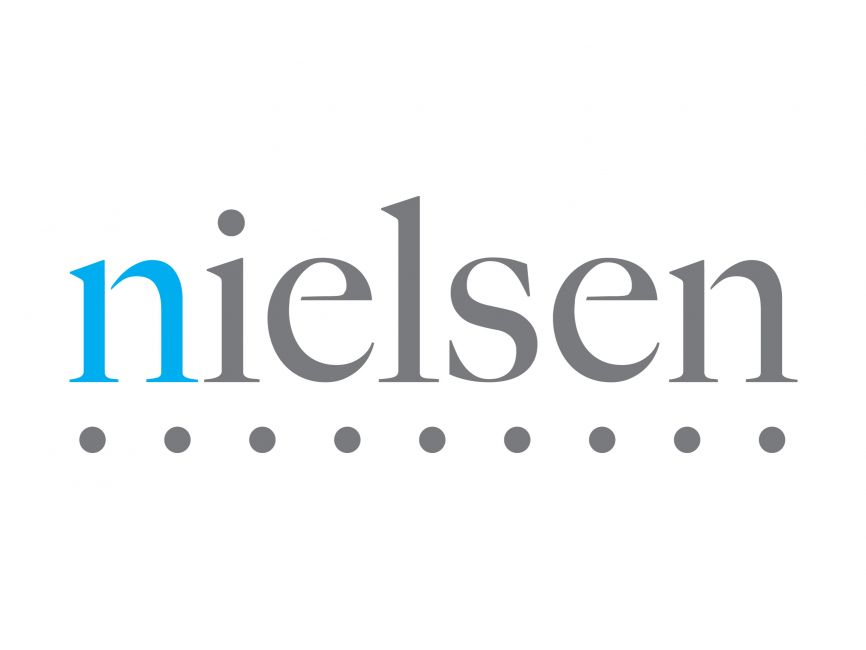
Nielsen is a global leader in market research and consumer insights, offering a wide range of tools and services that help businesses and organizations gather valuable information about consumer behavior, preferences, and market trends. Here’s how Nielsen’s market research tools can be relevant in the context of marketing research:
Audience Measurement: Nielsen is renowned for its television and media audience measurement services. It tracks TV viewership and audience demographics, providing data that helps advertisers and broadcasters understand their audiences.
Digital Audience Measurement: Nielsen extends its audience measurement capabilities to digital platforms, offering insights into online consumer behavior, including website and app usage, content consumption, and ad effectiveness.
Retail Measurement: Nielsen provides retail measurement services that track product sales and consumer purchasing behavior. This data is crucial for understanding market share, consumer preferences, and the performance of products in retail environments.
Consumer Panel Data: Nielsen’s consumer panels consist of households that provide detailed data on their purchasing habits. This information is used to analyze consumer trends, shopping patterns, and brand loyalty.
Market Share Analysis: Nielsen’s market share data helps businesses assess their market position compared to competitors. It provides insights into brand performance and market dynamics.
Ad Effectiveness Studies: Nielsen conducts research on the effectiveness of advertising campaigns, measuring metrics like ad recall, brand awareness, and purchase intent to help advertisers optimize their strategies.
Nielsen’s market research tools are widely used across industries such as media, advertising, consumer goods, and retail. They play a critical role in helping businesses make informed decisions, optimize marketing strategies, and understand consumer behavior in an ever-evolving marketplace.
8. Statista

Statista is a leading online statistics and market research platform that provides access to a vast collection of data, statistics, and reports across various industries and topics. It is a valuable market research tool for businesses and researchers seeking to gather information, trends, and insights. Here’s how Statista can be relevant in the context of market research:
Industry Reports: Statista offers a wide range of industry-specific reports and studies that provide in-depth insights into various sectors, including technology, healthcare, finance, and more. These reports can help businesses understand industry trends, market size, and competitive landscapes.
Market Size and Forecasts: Users can access market size data and forecasts for different industries and regions. This information assists businesses in making informed decisions about market entry, expansion, and investment.
Consumer Insights: Statista provides consumer survey data and insights, helping businesses understand consumer preferences, behaviors, and attitudes. This information is valuable for product development and marketing strategies.
Demographic Data: Users can access demographic data, including age, gender, income, and education levels, which is essential for target audience segmentation and marketing campaigns.
Global Data: Statista offers global data and statistics, allowing businesses to compare and analyze market trends and consumer behavior across countries and regions.
Market Research Reports: The platform includes a vast library of market research reports from reputable sources, covering a wide range of industries. These reports provide valuable market intelligence.
Statista’s extensive database and user-friendly interface make it a valuable resource for market research, competitive analysis, and staying informed about industry trends. Businesses and researchers can leverage the platform to make data-driven decisions, support marketing strategies, and gain a deeper understanding of their markets.
Related: 60 Market Research Firms For Maximizing Your ROI
Benefits of using Market Research Tools
Market research tools offer a wide range of benefits for companies using rewards and incentives across departments. These tools provide valuable insights and data that can inform decision-making, improve customer satisfaction, and drive business growth. Here are some of the key benefits of using market research tools:

Understanding customer needs
Market research tools help companies gain a deep understanding of their target audience’s preferences, behaviors, and needs. By collecting data on customer demographics, buying patterns, and preferences, companies can tailor their rewards and incentives programs to better meet the needs and desires of their customers

Identifying market trends
Market research tools enable companies to stay up-to-date with the latest market trends and developments. By monitoring competitor activities, industry trends, and consumer behavior, companies can identify emerging opportunities and adjust their rewards and incentives strategies accordingly.
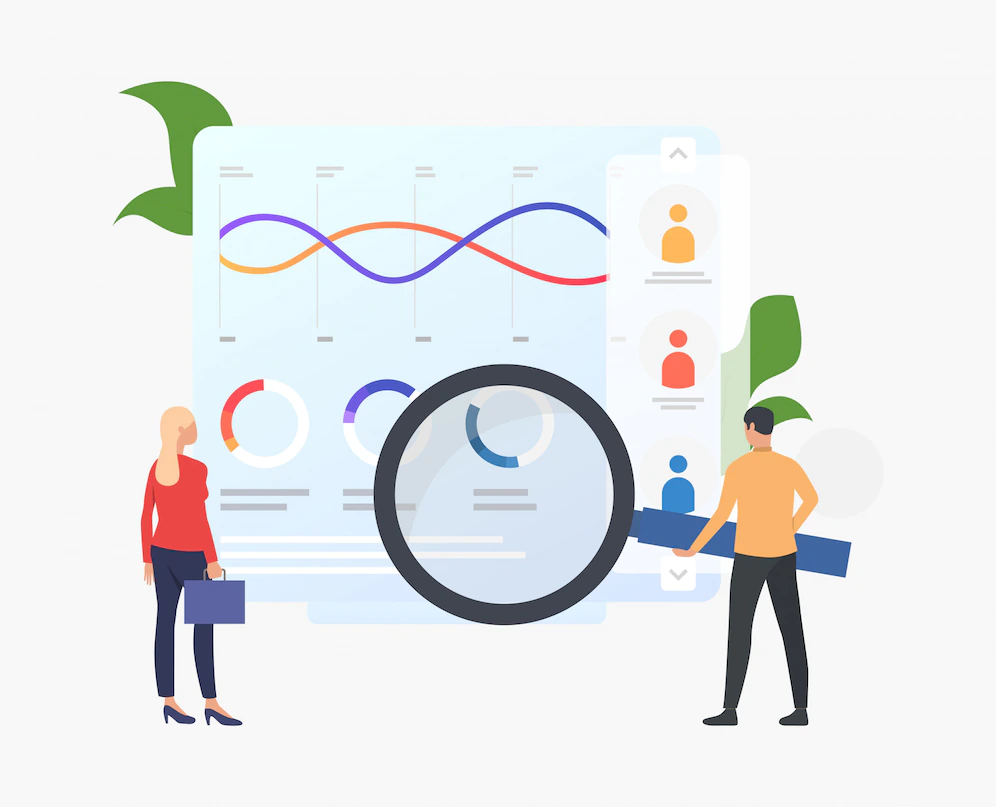
Enhancing product development
Market research tools provide valuable insights into customer preferences and feedback on existing products or services. By leveraging this information, companies can identify areas for improvement, develop new features or offerings, and enhance customer satisfaction.

Improving customer satisfaction
By using market research tools, companies can gather feedback and insights directly from their customers. This feedback can be used to identify areas for improvement, address customer pain points, and enhance overall customer satisfaction.

Supporting strategic decision-making
Market research tools provide companies with valuable data and insights that can inform strategic decision-making across departments. By understanding market trends, customer needs, and competitor activities, companies can make informed decisions about product development, pricing, marketing strategies, and more.
Conclusion
In summary, market research tools are essential instruments for collecting, analyzing, and interpreting data related to markets, consumers, competitors, and business environments. They play a crucial role in helping businesses make informed decisions, develop effective strategies, and adapt to changing market conditions. Market research tools offer several benefits, including a deep understanding of customer needs, identification of market trends, support for product development, assessment of brand perception, evaluation of marketing campaigns, strategic decision-making, improved customer satisfaction, and a competitive advantage. These tools are instrumental in optimizing rewards and incentives programs across various departments.



Let’s have a chat
FAQ
Market research firms typically charge for their services based on several factors, including the scope of the project, the level of detail required, and the expertise and reputation of the firm. In general, market research firms can charge anywhere from a few thousand dollars to several hundred thousand dollars for a project.
For smaller projects or basic research needs, market research firms may charge a flat fee or an hourly rate. This can range from $1,000 to $10,000 or more, depending on the complexity and duration of the project.
For larger and more comprehensive research projects, market research firms often charge a fixed price based on the specific requirements of the client. This can range from $20,000 to $200,000 or more, depending on the depth of the research, the number of participants or samples, and the level of analysis required.
It’s important to note that these figures are just estimates and can vary significantly depending on the specific needs and objectives of the project. It’s always recommended to contact market research firms directly to get a customized quote based on your specific requirements.
Researchers use market research to gather, analyze, and interpret data about markets, consumers, and businesses. Market research is a systematic process that provides valuable insights for various purposes, including product development, marketing strategies, business planning, and decision-making. Here’s some of the ways how researchers use market research:
- Understanding Consumer Behavior: Researchers use market research to study consumer preferences, attitudes, and behaviors. By conducting surveys, interviews, or observational studies, they gain insights into what drives consumer choices and buying decisions.
- Identifying Market Opportunities: Market research helps researchers identify untapped market opportunities and niches. By analyzing market trends and competition, researchers can pinpoint areas where new products or services could be successful.
- Assessing Market Size and Potential: Researchers use market research to estimate the size of a market and its growth potential. This information is crucial for businesses considering market entry or expansion.
- Product Development: Market research informs product development by identifying customer needs and preferences. Researchers gather feedback on product features, pricing, and packaging to create products that align with consumer expectations.
- Pricing Strategy: Researchers use pricing research to determine optimal price points for products or services. They assess how price changes may affect demand and profitability.
Implementing market research incentives effectively requires careful planning and consideration to motivate participants while staying within your budget. Here’s a step-by-step guide to help you implement market research incentives:
- Set Clear Objectives: Define your research goals.
- Choose Incentives: Select suitable rewards like cash, gift cards, or discounts.
- Allocate a Budget: Determine how much you can spend.
- Comply with Regulations: Ensure legal and ethical compliance.
- Personalize Incentives: Tailor rewards to participants’ preferences.
- Communicate Clearly: Clearly explain incentives and qualifications.
- Fair Distribution: Implement fair reward distribution.
- Track and Monitor: Keep tabs on responses and incentives.
- Show Appreciation: Thank participants and share findings.
- Evaluate and Improve: Assess the impact and refine your strategy.
By following these steps, you can effectively implement market research incentives, motivating participants and enhancing research outcomes.
Data is collected from a market research panel through various methods, including online surveys, telephone interviews, in-person discussions, product testing, and social media engagement. These methods help researchers gather information and insights from panel members about their opinions, behaviors, and preferences, which are then analyzed to inform business decisions and strategies